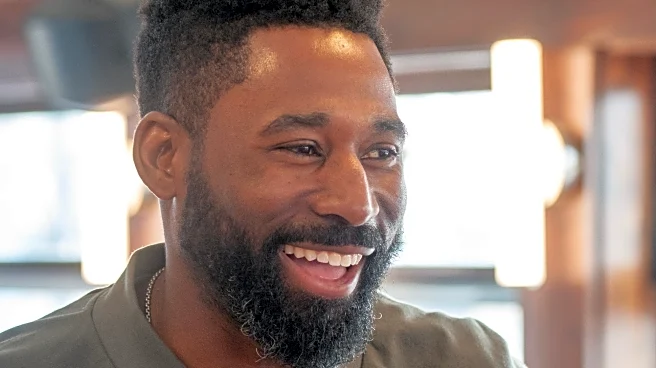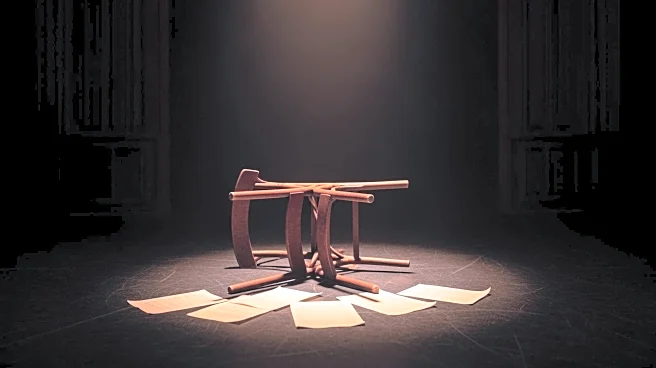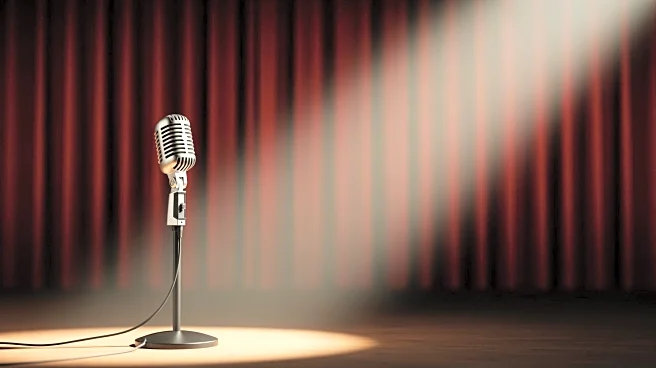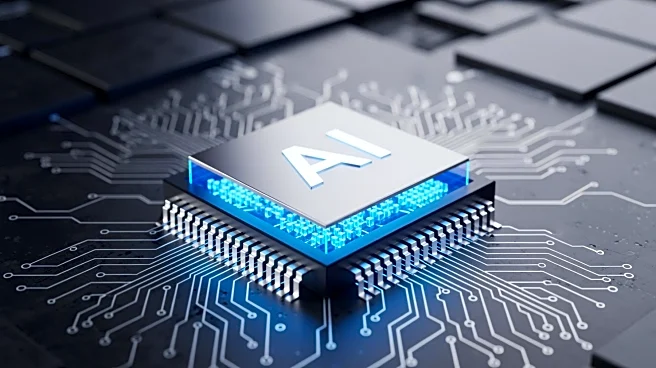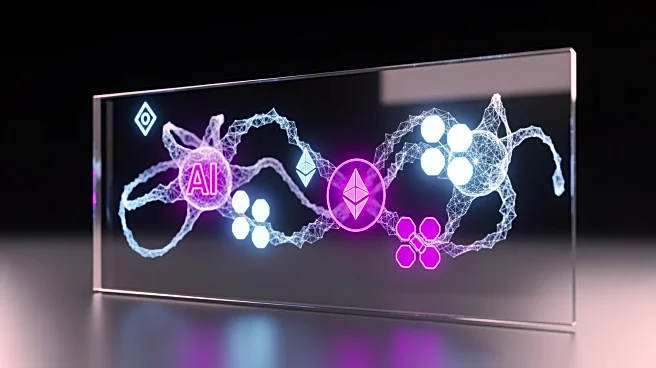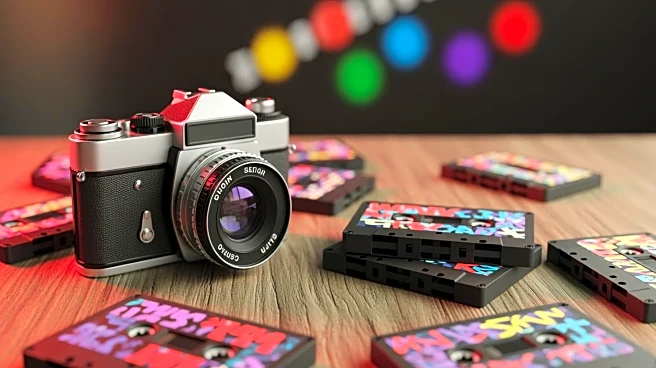Back in the summer of 2020, I wrote about Jackie Bradley Jr. and the Red Sox’s response to protests across sports in reaction to the BLM movement, spurred by multiple instances of police brutality against
Black people across the country. I never ended up publishing this article, but I needed to put my thoughts on the situation into words somewhere, whether it be public or not. One of my main qualms in this phantom article was the fact that JBJ largely stood alone at this time. As the only Black player on the Red Sox, he led the way for Boston to boycott an August game in protest of the police shooting of Jacob Blake. But this came about with no team meeting or discussion with teammates or ownership; instead the burden was placed upon Jackie to speak out on his own and be the only one courageous enough to decide not to play.

And even after he made this decision, the Red Sox didn’t even hold a team meeting to discuss the importance of this decision, what it meant, or even to provide his teammates a chance to listen to and understand him. Instead, he only talked to manager Ron Roenicke and backup catcher Kevin Plawecki, which eventually resulted in the Red Sox and Blue Jays jointly refusing to play that day. Bradley Jr. received no support from his teammates in the matter, having to bear a burden that he shouldn’t have been designated to bear as the only African American on the team. I am still annoyed by the Red Sox’s absolute refusal to outwardly support Bradley Jr. and the fight against systemic racism in the United States, even five years later.
As odd as it may sound, I genuinely think back to that article frequently, even though I never published it, even though I never edited it. And after Bradley Jr. was drafted first overall by the Indianapolis Clowns in last week’s Banana Ball draft, I thought of it once more, and this time decided to finally actually disseminate those prior thoughts and connect them to the present day.
You may be wondering why in the world the Banana Ball draft would remind me of Jackie Bradley Jr.’s solo stand against racism all the way back in 2020. I more or less couldn’t care less about the Banana Ball draft. I think the league is a cool concept, gives Indy leaguers the chance for much better pay and recognition (my favorite part of the league), and I am generally in favor of anything that draws more eyes to baseball. But it was the fact that JBJ was the first player to be on the newest expansion team, the Indianapolis Clowns’ roster, after he had fought his battles alone five years ago, that really meant something to me within the draft.

The Indianapolis Clowns are a storied franchise, and one of the first ones to embrace the Banana Ball mentality. Back in the 1930s, the Clowns, first located in Cincinnati, were founded as an independent professional team before eventually joining the Negro Leagues, and were known for being the “Harlem Globetrotters of baseball.” Similar to the Globetrotters, they played competitive games and had no shortage of talent on their roster, but they also went on barnstorming tours, where players acted more as entertainers than professional baseballers, even touring with some well-known comedic acts of the time. The Clowns were the last Negro Leagues team standing, and continued on their barnstorming tours far past the disbanding of the league, revolutionizing the game by directly combining it with entertainment. Their alumni included Hank Aaron and the first female player to be rostered by a professional baseball team on a long-term contract — as they brought on Toni Stone to replace Aaron at second base in 1923, when she batted .243 before being sold to the Kansas City Monarchs, another Negro League team, the following season.
The Clowns were one of the first teams where Black players could make some money and actually be publicized while playing real baseball, revolutionizing the game for many players. They created the art of combining baseball and entertainment, which, funnily enough, made people take them more seriously. The Clowns were introduced to the Banana Ball Championship League this year in partnership with the Negro Leagues Baseball Museum in Kansas City (which I would more than recommend visiting if you ever have the chance to do so), and they serve as a perfect homage to the history of Black baseball in our country. It took a bit for there to be real recognition of the Clowns as a precursor to Banana Ball, but it’s better late than never. This team joins an established league that probably wouldn’t exist today without the Indianapolis Clowns of the past. Jackie Bradley Jr. becoming the first person on the new roster is poetic..
Currently, Black players make up only about 6% of major league baseball rosters — a historically low number that’s left players alone in a fight that’s gained more traction and publicity over the past decade. As seen with Jackie Bradley Jr. and the Red Sox, these players are relied upon to speak out on these issues, which is not right for a sport that prides itself on the concept of teamwork and the closeness of a clubhouse. He was left to his own devices in 2020 as the only Black player, while players like Mookie Betts had the full support of even their white teammates in their push for advocacy. But now, Bradley Jr. is getting the chance to honor the great history of Black baseball as the face of a very historic franchise, and it certainly feels like his solitude in 2020 has come full circle to bring about a much better result.
So while many of you may consider Banana Ball to be just plain silly on one end of the spectrum or ultimately a mockery of baseball on the other, this storyline, specifically ending (and yet, just beginning) with Jackie Bradley Jr. right in the middle of it, is about more than the just baseball the Clowns will play this year. It shows that the fight isn’t over, and Banana Ball has somehow recognized the importance of the Negro Leagues more than MLB has in recent years, after cutting out the end of the call for Hank Aaron’s historic 700th home run at this year’s All-Star Game. Honoring the past while bringing Black-led baseball back to the stage in the present is a joy to watch unfold, and I couldn’t be happier that JBJ is finally getting the support he’s deserved all along.
